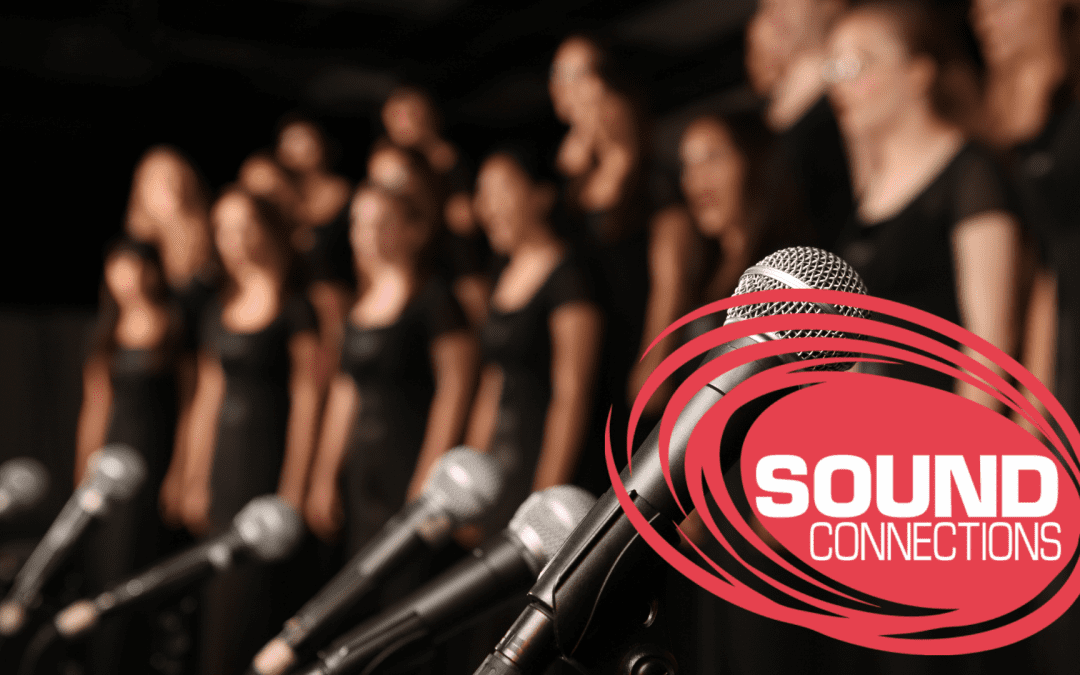Singing is well known to help with social isolation, mental health issues and a sense of disconnection from the body. These difficulties disproportionately impact the transgender population. Alexander explains that in his work as a freelance singer, he has found that transgender people face significant barriers to accessing singing, originating primarily from entrenched, cisgendered expectations about voice type. These expectations lead to highly gendered and/or cisgendered singing environments, in which voices are both divided along gendered lines, and expected to belong to people with a particular body type. As a result, an activity that could specifically benefit transgender people is largely unavailable to many of them. Exploring these issues, Alexander’s article identifies the main barriers, offers some ways to address them, and highlights the importance of making singing activity trans-inclusive.
The article has received positive coverage, including features on Classical Music UK and Pink News. Alexander was invited to present his research to the BBC Symphony Chorus. He is currently developing a second presentation, ‘Empowering young transgender voices through singing’, for the Music and Drama Education Expo in London in September 2021.
This article was produced for and published by Sound Connections and is available to read here: Facilitating the Empowerment of Transgender Voices Through Singing

